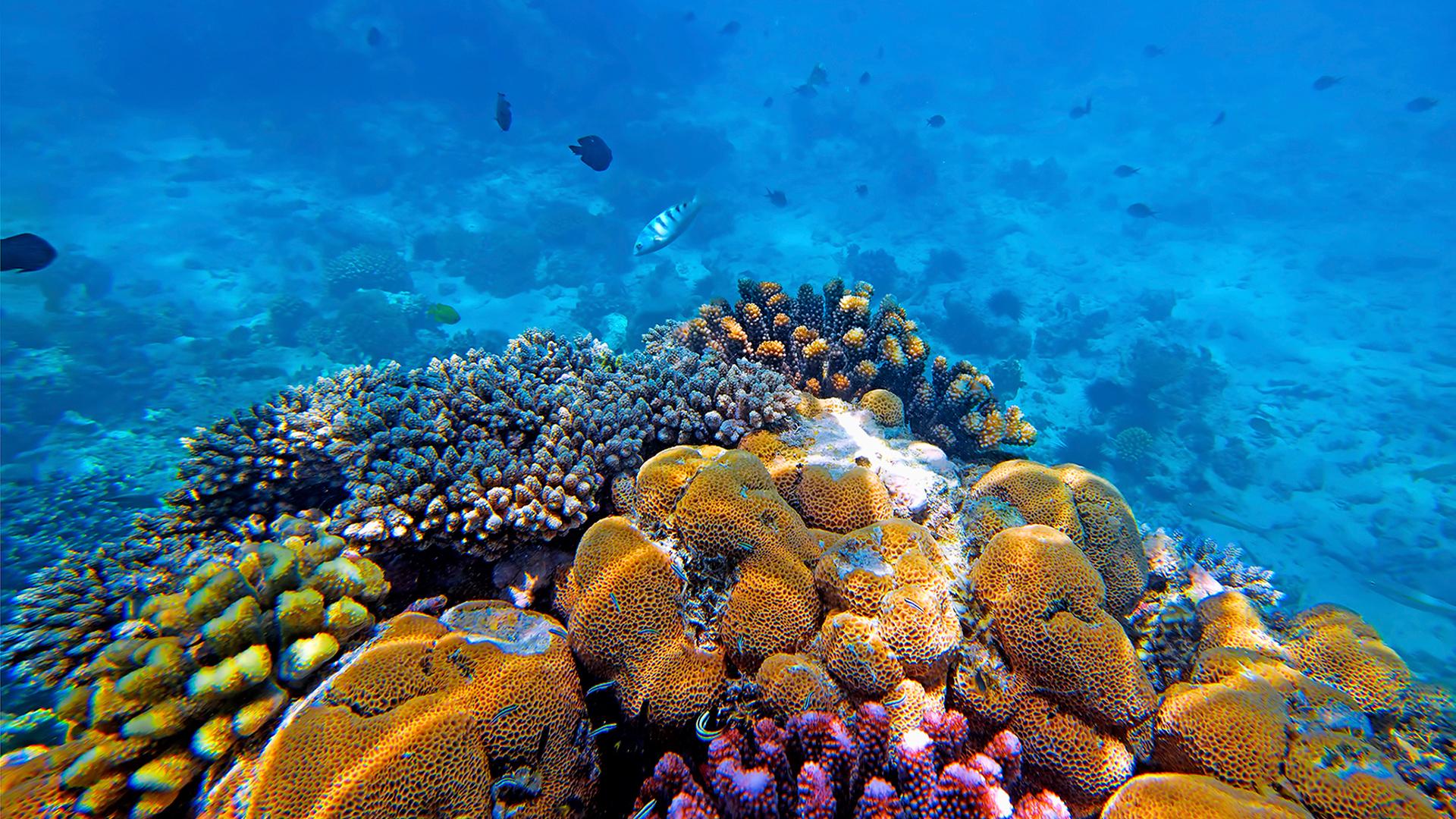Conservation-based luxury travel company &Beyond has partnered with the government of Zanzibar on a project intended to counter the rising pressure that the reefs surrounding the Mnemba Atoll, where the company’s luxury lodge is situated.
“Like many reefs across the world, the coral outcrops surrounding Mnemba have come under mounting pressure as a result of increasing coastal populations and tourism development, compounded by rising sea water temperature and cyclones. Our marine conservation team has been carrying out ongoing monitoring of the reefs around Mnemba that plainly showed we needed to do something to help stop the deterioration of the reefs and support their restoration,” says Jonathan Braack, &Beyond Group Sustainability Manager.
“&Beyond is proud to have worked with Zanzibar’s Ministry of Blue Economy and Fisheries and the Mnemba Island Conservation Area (MIMCA) on the proclamation of a new marine special area around the island. In the long term, we believe it will not only benefit the recovery of the reefs but also increase food security and development opportunities for the local communities.”
The creation of the Mnemba Island Marine Special Area restricted zone by the Zanzibari government and MIMCA extends and increases the level of protection given to the Mnemba Atoll, thus allowing for the conservation and regeneration of its coral reefs. The new legislation also provides for a conservation fee to be levied by MIMCA, which will benefit local fishing communities, providing them with a supplemental source of income.
The new initiative safeguards Mnemba’s marine resources through the establishment and monitoring of an extended protected area, which stretches to a radius of between 400 m and 700 m (1 312 ft – 2 296 ft) around the island. The introduction of a permit system, as well as a levy, aids in the reduction of tourist boats, while consistent education of boat crews and monitoring of a code of conduct ensures that all visitors treat the delicate marine ecosystem sensitively. A maximum of eight boats a day, with only up to seven tourists and two crew members, are permitted to access the restricted zone, with access limited to specific hours and no anchors to be used for fear of damaging the underwater landscape.
The multiple conservation and community benefits of this new measure include increased fish and coral biodiversity, a recovery in reef health and eco-system functioning, the success of current coral reef restoration initiatives, enhanced tourism value, further local livelihood opportunities and community education, greater food security based on additional fishing potential, and an overall boost to Zanzibar’s Blue Economy.
“&Beyond Mnemba Island has already taken steps towards the restoration of the atoll’s coral reefs through our participation in the Oceans Without Borders (OWB) Coral Reef Restoration project, which was established in 2021. This project, a partnership between &Beyond and our impact partner Africa Foundation, has initially focused on restoring the ecological integrity of the reefs closest to Mnemba Island, in particular the Mnemba House Reef,” explains Braack.
The first phase of the project saw the establishment of a coral nursery, where coral fragments taken from healthier parts of the reefs where meticulously cared for and grown. Having now grown into healthy coral colonies, these fragments are now ready for transplanting back onto the reef.
“We understand that the reefs around Mnemba are an attraction for many divers and snorkellers and that many small local operators make a living by catering to these tourists. This is why, in addition to using the healthy colonies from our coral nursery to repopulate the damaged parts of the Mnemba House Reef, we are also using them to help create a number of artificial reef structures outside of the restricted zone,” says Braack.
These artificial reefs, which feature healthy corals planted onto a specially created underwater structure, will eventually become a thriving underwater habitat, thus creating even more spots where local dive boats can take tourists. The creation of additional attractions such as this will further reduce the pressure on the protected area.
“It is yet another way in which we hope to partner with local government, communities and other stakeholders to ensure the protection and sustainability of Zanzibar’s marine resources long into the future,” concludes Braack.





